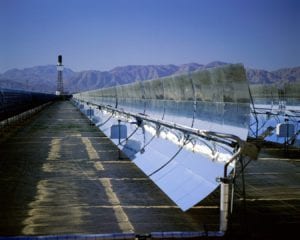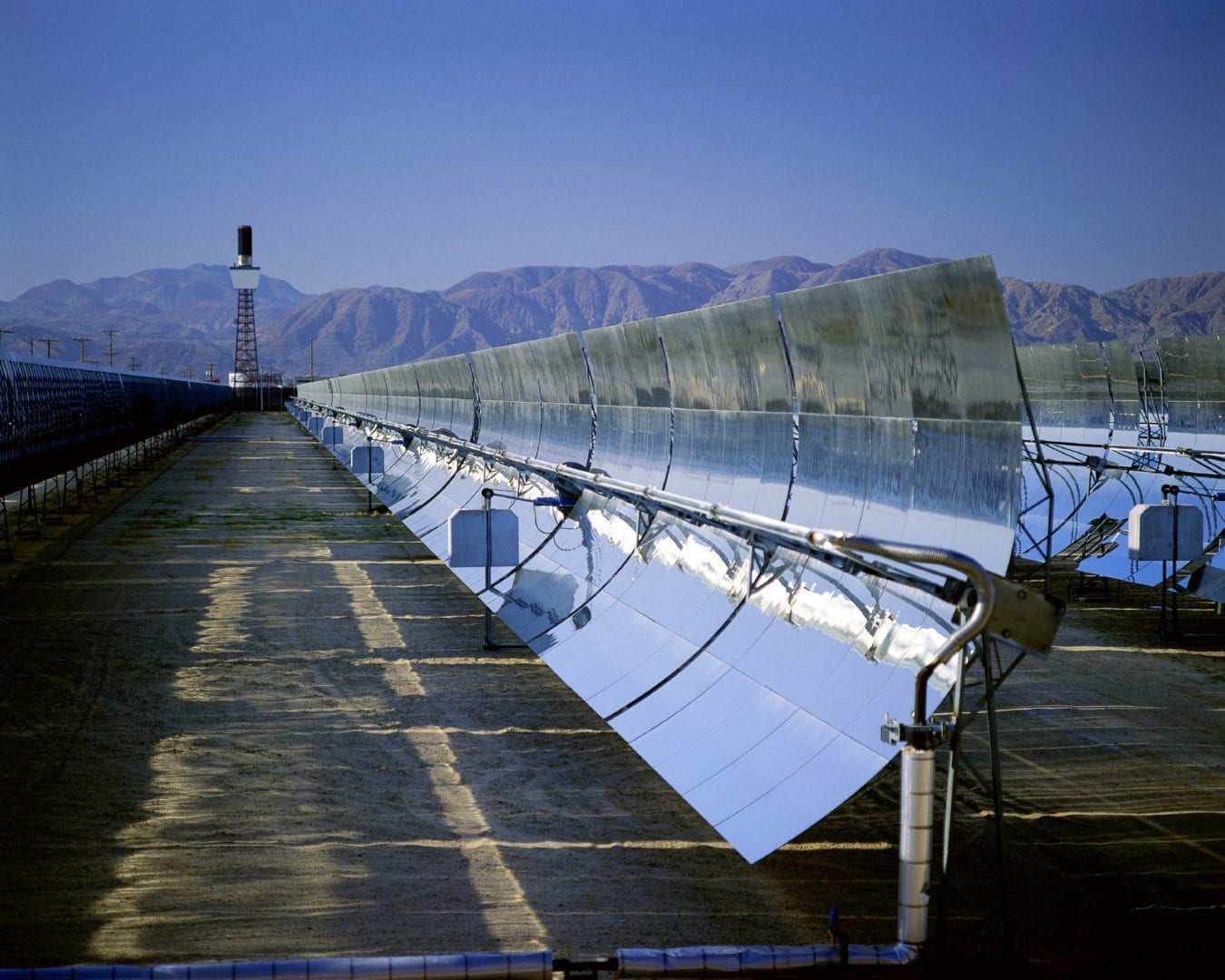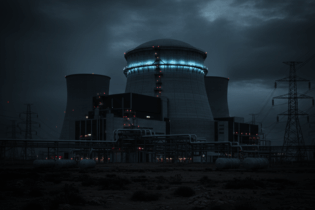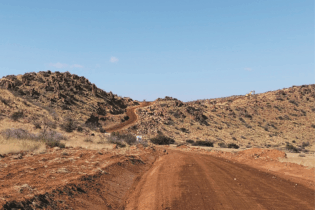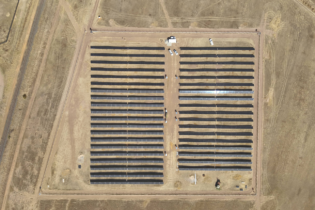“So the utilities and electrical companies should adapt to renewable energy as a next phase of electricity generation,” he said.
Delgado also foresees the cost of electricity levelling in the future as the development of solar electricity generation technology becomes less costly.
The West Africa Clean Energy Corridor (WACEC) was launched last week in Cape Town in an effort to accelerate the deployment of utility scale renewable energy.
During the launch, which took place at African Utility Week, government and power utilities were told to play their part in harnessing the benefits of renewable energy.
Jansénio Delgado, a renewable energy expert at the Ecowas Centre for Renewable Energy and Energy Efficiency (Ecreee) told delegates that at least 52% of the population in the region did not have access to electricity.
“So we have a big challenge in the region in terms of energy and electricity access,” he said.
According to Delgado, there are plans to increase electricity access to 88% of the population by 2030, however there are some challenges.
He said the region had big potential for renewable energy, specifically hydropower. “The region has big potential in terms of renewable energy from hydro, solar, wind and biomass. These resources are geographically distributed which makes them complimentary.”
He explained that there was already a big pipeline of projects underway throughout Africa, with Senegal taking the lead.
Based on preliminary conclusions of renewable energy studies, Delgado said results showed that the development of 10 GW of electricity can still be added to the grid by 2030.


